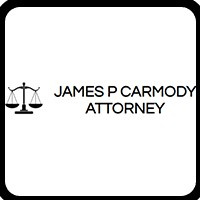Richlands Bankruptcy & Debt Lawyer, Virginia
James P Carmody
✓ VERIFIEDBankruptcy, Family Law, Credit & Debt
Since 1976, Mr. Carmody has provided outstanding legal services for bankruptcy, divorce, custody issues, and adoption proceedings to clients in the gr... (more)
Terrence Shea Cook
Motor Vehicle, Divorce & Family Law, Criminal, Bankruptcy & Debt
Status: In Good Standing
Vincent John Carroll
Government, Workers' Compensation, Employment, Bankruptcy
Status: In Good Standing
Frederick Winston Harman
Government, Employment, Bankruptcy, Bankruptcy & Debt, Accident & Injury
Status: In Good Standing
Stephen Wayne Gooch
Real Estate, Adoption, Business, Bankruptcy, Wrongful Death
Status: In Good Standing
Robert Julius Breimann
Lawsuit & Dispute, Government, Criminal, Bankruptcy & Debt
Status: In Good Standing
Bruce Harold Russell
Criminal, Child Custody, Civil & Human Rights, Insurance, Bankruptcy
Status: In Good Standing
John Edward Stanley
Government, Divorce & Family Law, Criminal, Bankruptcy & Debt
Status: In Good Standing
Robert Mann Asbury
Labor Law, Family Law, Administrative Law, Reorganization
Status: In Good Standing Licensed: 30 Years


